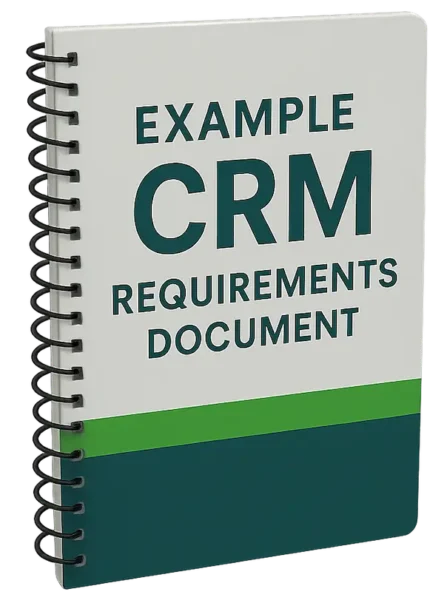 Marketing automation continues to be the fastest growing CRM-related category, with a handful of prominent vendors leading the pack.
Marketing automation continues to be the fastest growing CRM-related category, with a handful of prominent vendors leading the pack.
According to Uberflip, eleven times more B2B companies are using marketing automation today compared to 2011.
But are all these companies getting the ROI that they could be getting?
Buying Marketing Automation vs. Buying CRM
For better or for worse, CRM and marketing automation are becoming more of a package deal. Salesforce has been making it attractive for new customers to start a concurrent subscription to Pardot. HubSpot includes a free CRM component within its MA offering.
However, in a number of ways, the nature of the planning and strategy that should be done in advance of committing to a marketing automation system differs from what should be done in advance of subscribing to a CRM system.
Generally speaking, CRM is about data first and process second. Marketing automation is about process first and data second. With marketing automation, the right processes drive the desired data.
Different from a CRM implementation, which is almost exclusively left-brained, a comprehensive marketing automation initiative requires developing creative elements such as content, call to action graphics and email structure.
What’s more, CRM success begins with creating desired internal organizational behavior. Are we providing sufficient value to our sales team in order for there to be high adoption rates?
In some areas, CRM can provide a lot of benefit in return for relatively little effort. For example, a new CRM system can provide a major win through a one time import of previously siloed data — a technical undertaking that makes it faster and easier for staff to find key information about customers and prospects.
On the other hand, marketing automation can only provide considerable benefit with commensurate forethought.
With CRM, a single department, such as customer service, can focus exclusively on its own needs. With marketing automation, there are usually two departments that should have their business requirements evaluated synchronously – sales and marketing.
The “Expensive Email Marketing System” Trap
If your organization has a large existing database of email addresses, this does not necessarily mean that your organization is ready for a marketing automation system. All too often, a marketing automation simply becomes an expensive list marketing system. A company can end up spending $1,500 per month for list marketing technology that should only cost $150 per month. In these cases, the fancy MA system is, effectively, 80% shelfware.
What’s worse, the new marketing automation system’s email marketing capabilities may not even on par with the capabilities of the specialized email marketing system that the marketing automation system replaced.
How Do You Get Ready for Marketing Automation?
As with CRM, our general recommendation is to slow down the buying process in order to ultimately move along the implementation and success curve faster. A structured pre-purchase process results in optimal purchase timing and much better overall results.
Some of the questions to ask in advance of clicking the marketing automation “subscribe” button:
1. What are the overarching goals of a marketing automation system implementation at your company?
2. How does your business model align with the functional capabilities that a marketing automation system provides?
3. Do you have a digital marketing strategy and roadmap that can’t be realized without a marketing automation system? If so, what is your strategy with respect to the areas of: attraction, conversion, qualification, enrichment, prioritization, assignment, segmentation, nurture, PPC integration and more?
4. Do you have the internal resources to execute on the various elements of a digital marketing strategy? If you don’t, do you hire the resources or contract them? Should you reallocate existing resources to new functional roles?
5. Do you have a traffic source that’s already working or do you need to decide on a new traffic source?
Every B2B company should evaluate marketing automation systems at some point. But jumping the gun on a subscription can lead to disappointing results.



